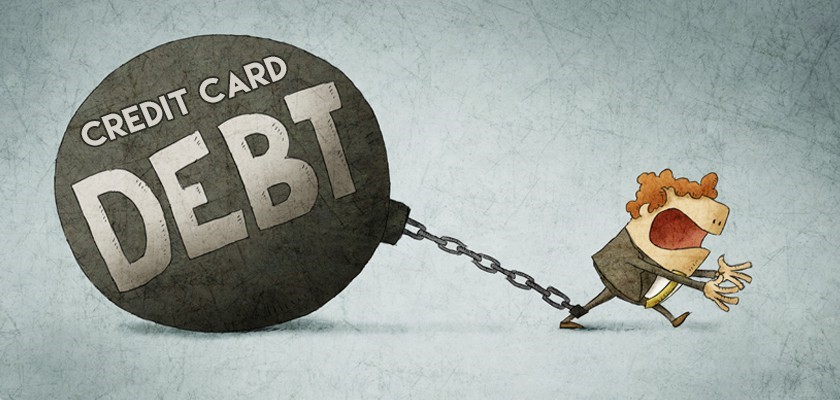
In today’s fast-paced world, credit cards have become an integral part of our financial landscape. While they offer convenience and flexibility, the misuse of credit cards can lead to a debt trap that can be challenging to escape. In this blog post, we will explore proven strategies for responsible credit card usage, helping you make the most of the benefits without falling into the pitfalls of debt.
- Understand Your Credit Card Terms:
The first step towards responsible credit card usage is to thoroughly understand the terms and conditions of your credit card. Familiarize yourself with interest rates, fees, and payment due dates. Knowing the ins and outs of your credit card agreement will empower you to make informed decisions and avoid unnecessary charges.
- Create a Budget:
Developing a budget is crucial for managing your finances effectively. Outline your monthly income and categorize your expenses. Allocate a specific portion of your budget to credit card payments, ensuring that you can comfortably cover your balance each month. This proactive approach will prevent overspending and help you stay within your financial means.
- Pay Your Balance in Full:
One of the most effective strategies for avoiding credit card debt is to pay your balance in full each month. By doing so, you eliminate the accrual of interest on your outstanding balance. If paying the full balance is not feasible, strive to make more than the minimum payment to reduce the overall interest charged.
- Limit Credit Card Usage:
While credit cards offer convenience, it’s essential to use them judiciously. Avoid using credit cards for impulse purchases or non-essential expenses. Reserve credit card usage for planned and necessary expenditures, ensuring that you can pay off the balance without accumulating debt.
- Emergency Fund:
Building an emergency fund acts as a financial safety net, reducing the reliance on credit cards during unexpected situations. Having a reserve for unforeseen expenses allows you to handle emergencies without resorting to accumulating debt on your credit card.
- Regularly Monitor Your Statements:
Stay vigilant by regularly monitoring your credit card statements. Check for unauthorized transactions, errors, or any suspicious activities. Promptly addressing discrepancies will prevent potential financial losses and maintain the integrity of your credit history.
- Take Advantage of Rewards Programs:
Many credit cards offer rewards programs that can provide significant benefits when used responsibly. From cashback to travel perks, these rewards can add value to your financial management. However, it’s crucial to view them as bonuses rather than reasons to overspend.
Conclusion:
Responsible credit card usage is a cornerstone of sound financial management. By understanding your credit card terms, creating a budget, paying your balance in full, limiting usage, building an emergency fund, monitoring statements, and leveraging rewards programs, you can navigate the world of credit cards successfully. With these proven strategies, you’ll not only enjoy the convenience of credit cards but also safeguard yourself from the pitfalls of the debt trap.
